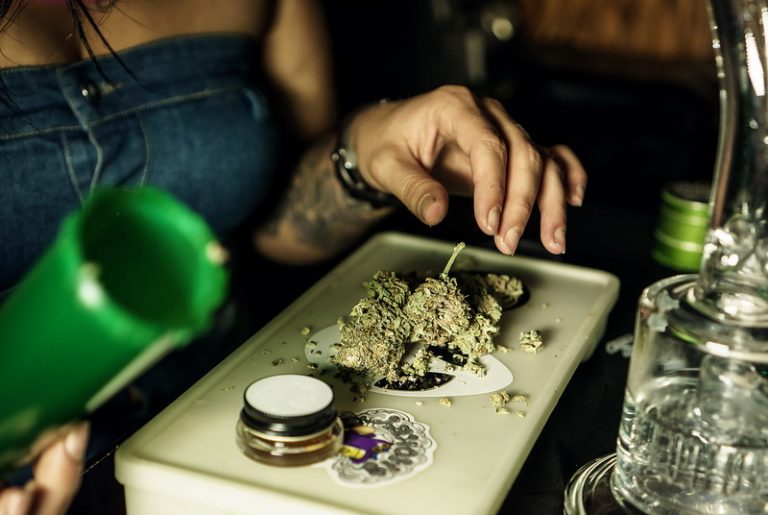
Before prescribing or using medical marijuana in any state where it is legal, both physicians and patients must be aware of, and familiar with, United States federal law (Schedule I). Each US state and territory has its laws when it comes to marijuana and its medical usage. In places like Pennsylvania, medical marijuana use is not illegal provided both doctor and patient meet all administration, legal, and medical requirements.
Is the law the same everywhere?
No. Each state has its legal take on medical marijuana use. At the moment, a number of the twenty-three states (including Pennsylvania) that allow for medicinal use of the herbal drug require patients to have unique ID cards. These IDs are issued to patients by licensed medical organizations such as Veriheal, where a qualified medical specialist thoroughly assesses their condition.
The stance of each state or territory on medical marijuana use are public information, and the local government actively encourages the community to become well familiar with their respective medical marijuana program. This is usually via the state’s official website, where copies of up-to-date, legal documents can be found and accessed by the public.
How Does the Registration Process Work?
As mentioned above, each state or territory has its system and legislation covering the supply and use of medical marijuana. Registering and keeping track of dispensaries (suppliers) and patients is crucial to keep everything clear, transparent, and completely legal.
For instance, the state government and its respective law enforcement authorities need to be aware of all the dispensaries operating in their jurisdiction (or across the state as a whole). This includes knowing the type of medical marijuana being supplied as well as amounts in storage. Authorities need to have an updated list of all the patients the dispensary is providing, which needs to be updated regularly.
When a patient enters into medical marijuana therapy a lot of his or her personal information, including sensitive things such as medical records, diagnosis, the prognosis of their condition, etc. will be made available to the state. Cake Mintz for sale online.
Specific Product for Specific Condition
As was alluded to, local authorities need to be aware of all the types of medical marijuana supplied by a dispensary to its patients. This is because dispensaries have access to a wide range of marijuana-based products (of different potency) including herbal (buds), ingestible pills, edibles like spreads, topical treatments like cream and ointments, etc. All of these by-products have different strengths, thus different effects on the patient, and as such need to be documented and controlled by both dispensary operatives and law enforcement. The idea is to supply a patient with the correct type of medical marijuana (or by-product) for his or her particular medical needs while at the same time keep the authorities informed.
Can You And Should You Grow It Yourself?
There is always the question of why go to a dispensary when you can grow the plant yourself? Again, this is one of those tricky issues that arise from the use of medical marijuana in general, and as such, it is regulated by law. Currently, state governments have allowed for controlled cultivation of marijuana for medicinal uses. There is, of course, a strict limit on how much one can grow for medical use, with amounts varying among the twenty-three states (where medicinal marijuana use is legal) from one ounce up to 24 ounces in some countries. Overall, obtaining the therapeutic use of marijuana from licensed dispensaries is still the only way to guarantee the product’s purity and beneficial effects, as well as staying within the confines of the law.
Grow your marijuana business with Cannabusiness Grower